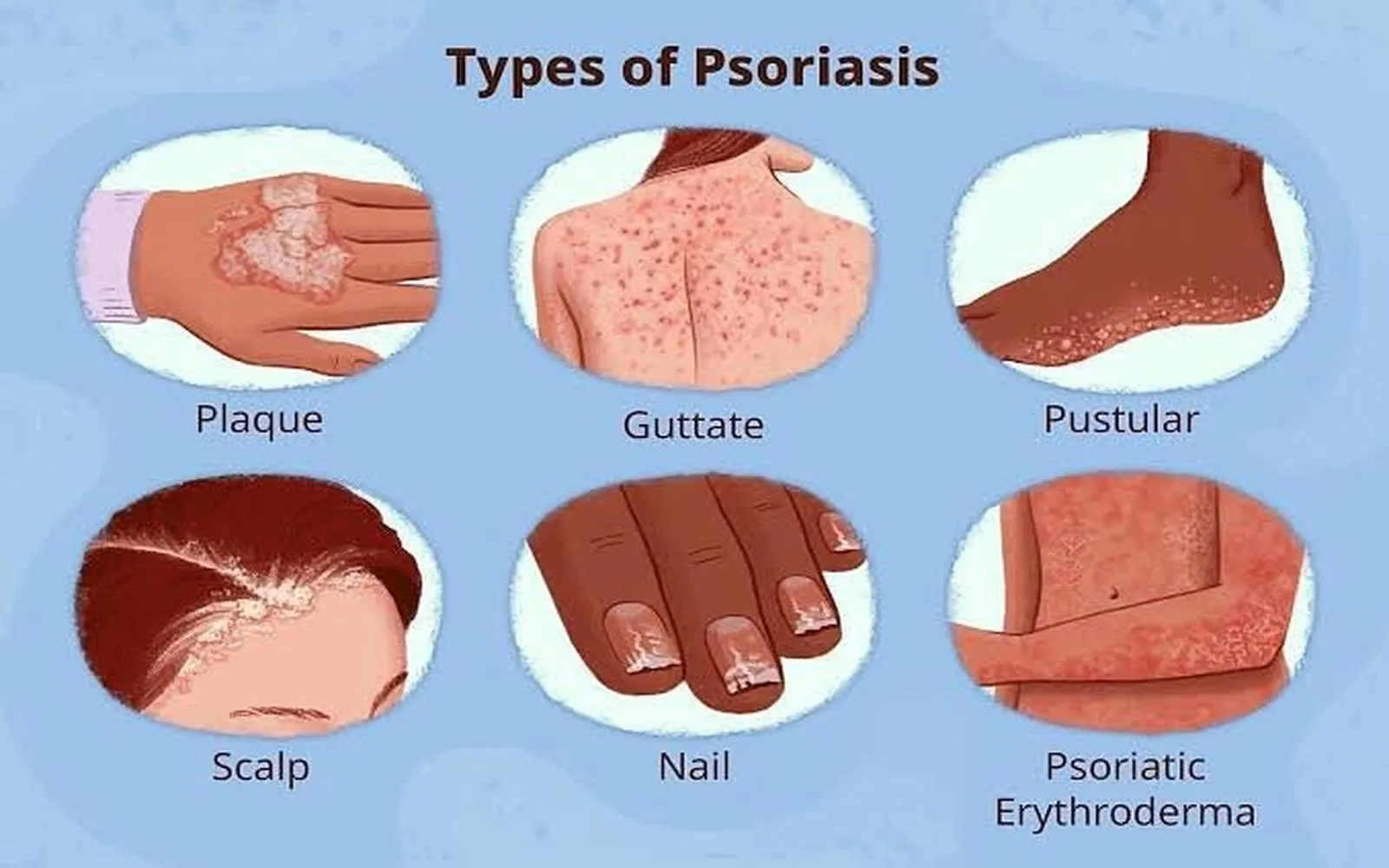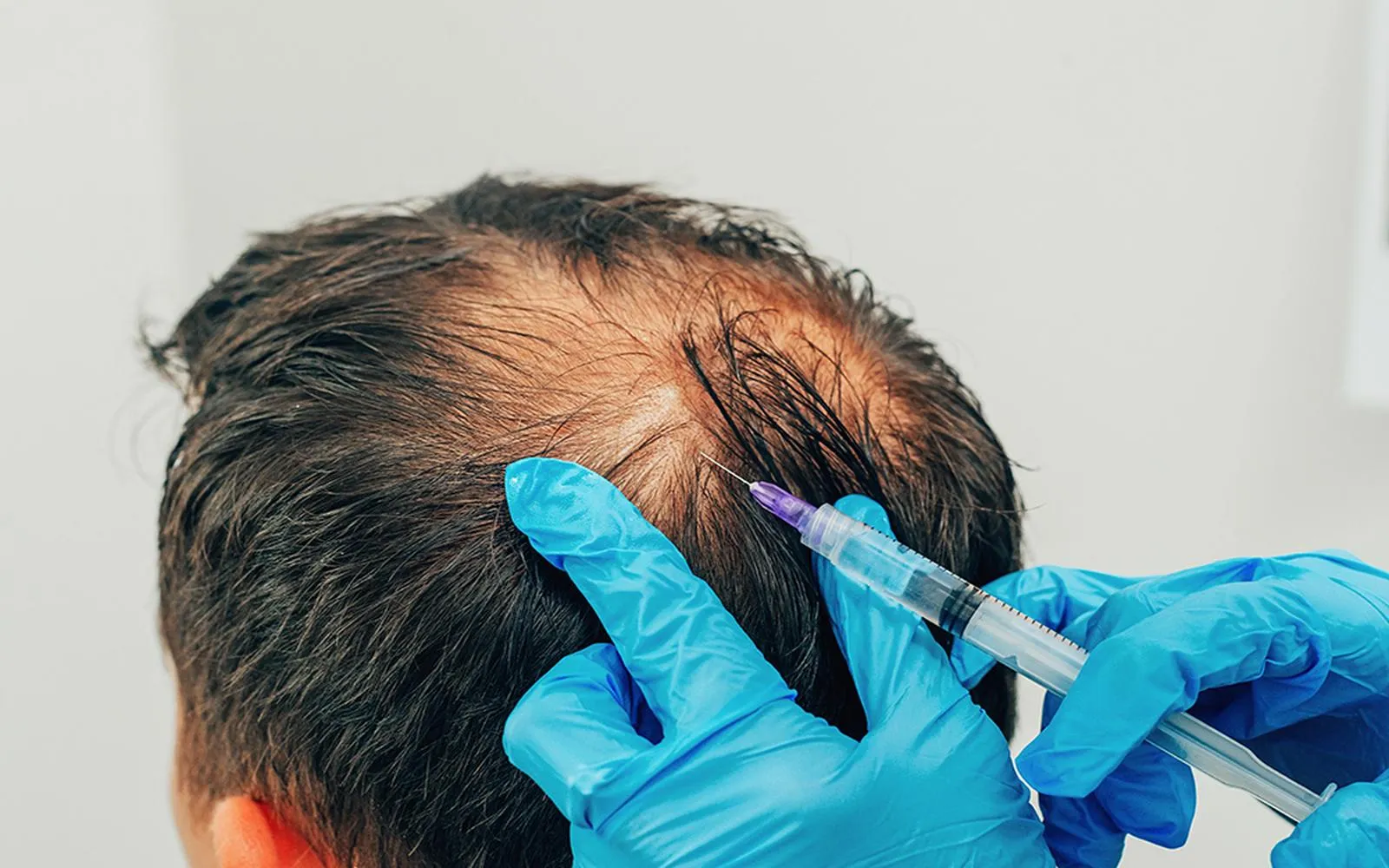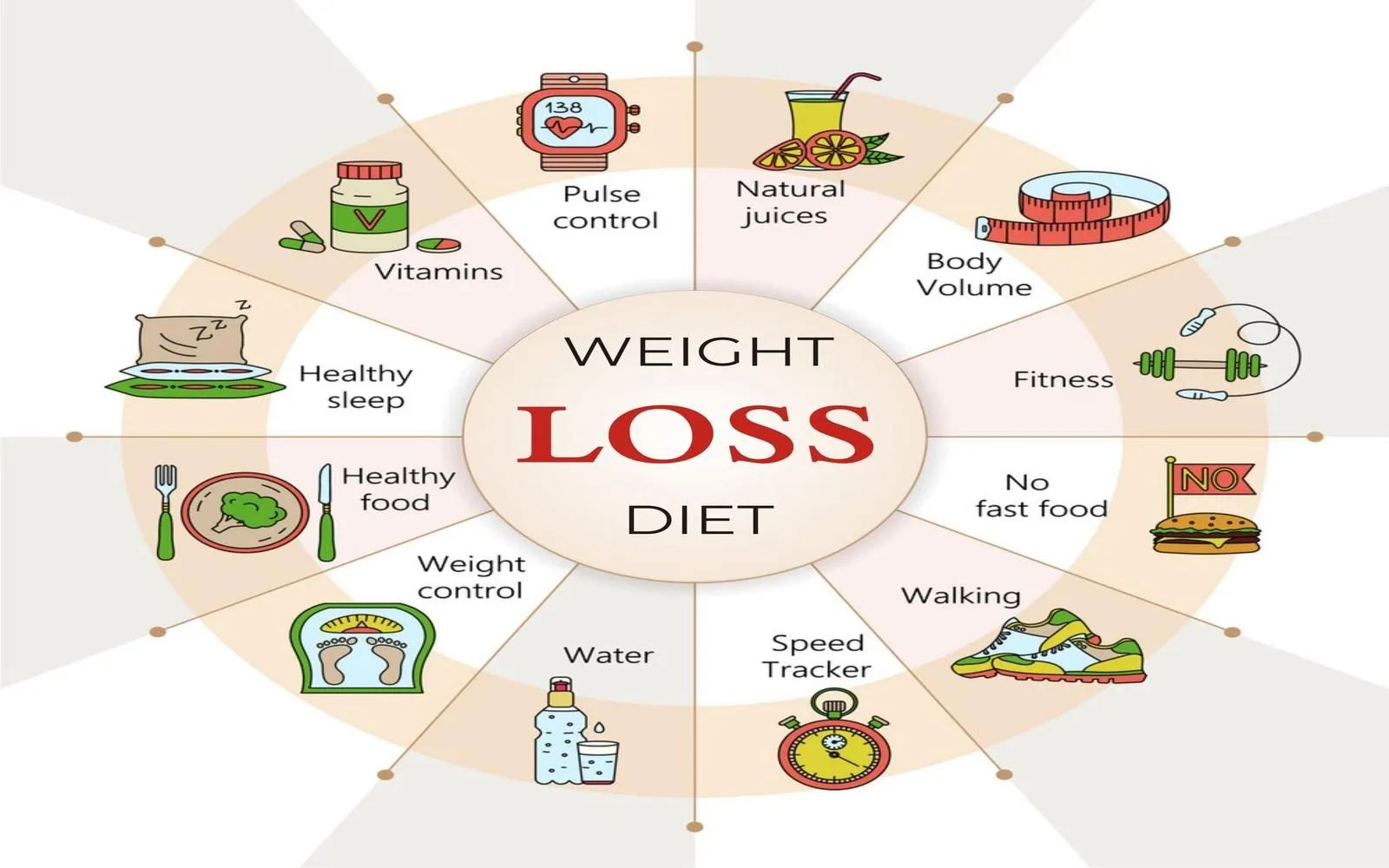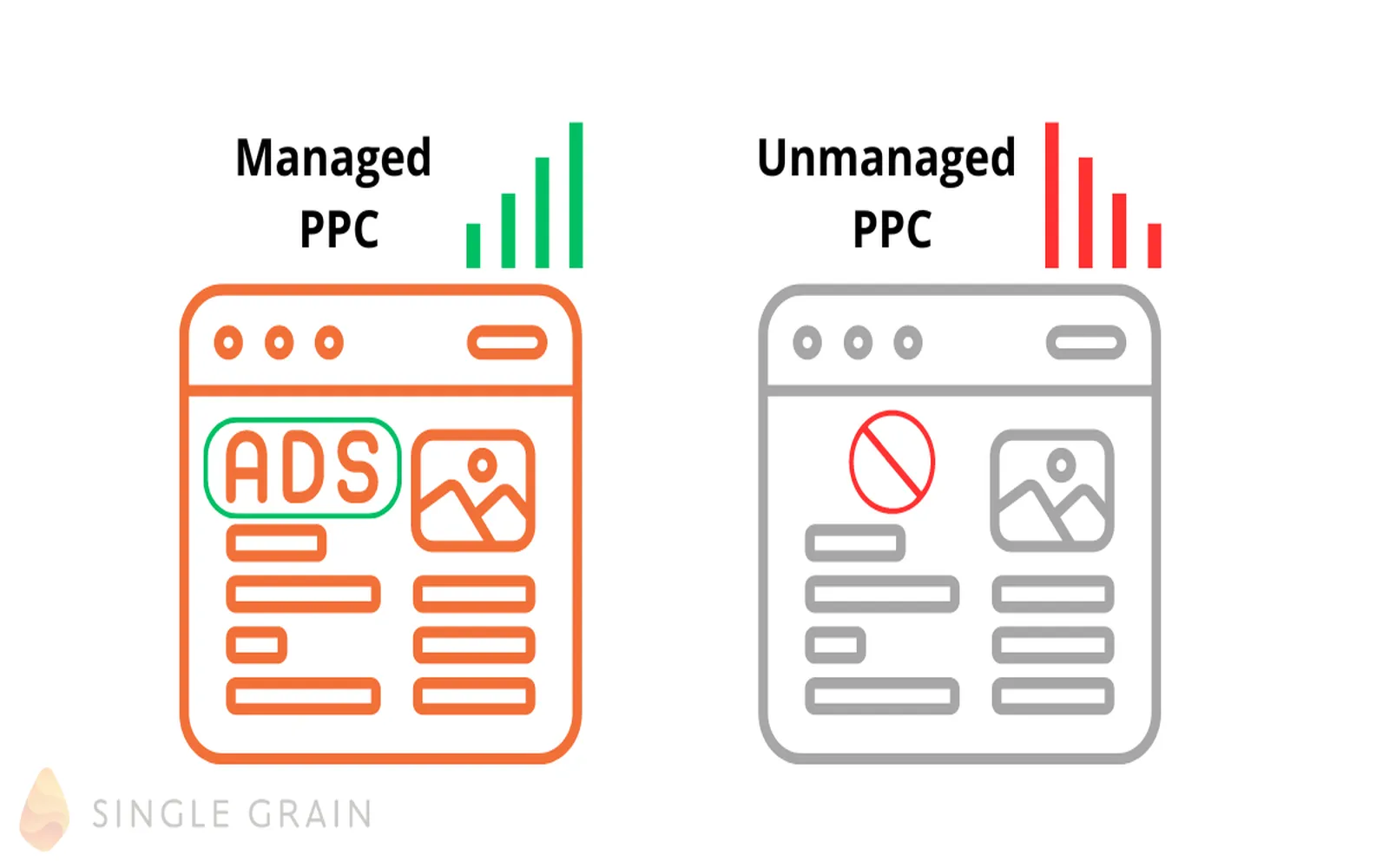Understanding Heart Arrhythmias
Heart arrhythmias, often described as irregular heartbeats, can range from harmless to life-threatening. These conditions occur when the electrical impulses that coordinate the heart's beats malfunction. As a result, the heart may beat too quickly, too slowly, or erratically. Understanding the key triggers behind these arrhythmias is essential for effective cardiac treatment.
Common Triggers of Heart Arrhythmias
Several factors can trigger heart arrhythmias. Identifying these triggers can significantly aid in managing and treating the condition. Here are some of the most common triggers:
- Stress: Emotional stress can lead to an increase in adrenaline, which may cause the heart to beat irregularly.
- Caffeine and Stimulants: High caffeine intake and the use of stimulants, such as nicotine or certain medications, can disrupt the normal rhythm of the heart.
- Alcohol Consumption: Heavy drinking can lead to a condition known as "holiday heart," where arrhythmias are triggered after excessive drinking.
- Electrolyte Imbalances: Low levels of potassium, magnesium, or calcium can interfere with the heart's electrical signals, leading to arrhythmias.
- Heart Conditions: Existing heart diseases, such as coronary artery disease or heart failure, can predispose individuals to arrhythmias.
- Medications: Certain medications, particularly those affecting the heart, can lead to irregular heartbeats as a side effect.
Symptoms of Heart Arrhythmias
Individuals with heart arrhythmias may experience various symptoms, although some may remain asymptomatic. Common symptoms include:
- Palpitations: A feeling of fluttering or pounding in the chest.
- Dizziness: Lightheadedness or fainting spells.
- Shortness of Breath: Difficulty in breathing during normal activities.
- Chest Pain: Discomfort or pain in the chest area.
If you experience any of these symptoms, it is crucial to seek medical attention for proper diagnosis and treatment.
Diagnosis of Heart Arrhythmias
Diagnosing heart arrhythmias typically involves a thorough medical evaluation, including:
- Electrocardiogram (ECG): A primary diagnostic tool that records the electrical activity of the heart.
- Holter Monitor: A portable ECG device worn for 24 to 48 hours to capture heart activity over time.
- Event Monitor: Similar to a Holter monitor, but used for longer periods to detect infrequent arrhythmias.
- Echocardiogram: An ultrasound of the heart to assess its structure and function.
Effective Treatment Strategies
Treatment for heart arrhythmias varies based on the type and severity of the condition. Here are some of the most effective cardiac treatment strategies:
- Lifestyle Modifications: Reducing stress, limiting caffeine and alcohol intake, and maintaining a healthy diet can significantly help manage arrhythmias.
- Medications: Antiarrhythmic drugs can help restore normal heart rhythm or control heart rate. Some common medications include beta-blockers, calcium channel blockers, and anticoagulants to prevent blood clots.
- Cardioversion: A procedure that uses electric shocks to reset the heart's rhythm. It can be done externally or through a catheter inserted into the heart.
- Ablation Therapy: A minimally invasive procedure where catheters are used to destroy the heart tissue responsible for the arrhythmia.
- Implantable Devices: Pacemakers can be implanted to help regulate the heart's rhythm, while implantable cardioverter-defibrillators (ICDs) can monitor and correct life-threatening arrhythmias.
Conclusion
Heart arrhythmias can be a significant health concern, but understanding their triggers and symptoms is crucial for effective management. Early diagnosis and a tailored approach to cardiac treatment can improve outcomes and enhance the quality of life for individuals affected by these conditions. If you suspect that you may have an arrhythmia, consult a healthcare professional for further evaluation and personalized treatment options.
Additional Resources
For more information on heart arrhythmias and their management, consider visiting reputable medical websites or consulting with a cardiologist. Staying informed can empower you to take control of your heart health.









